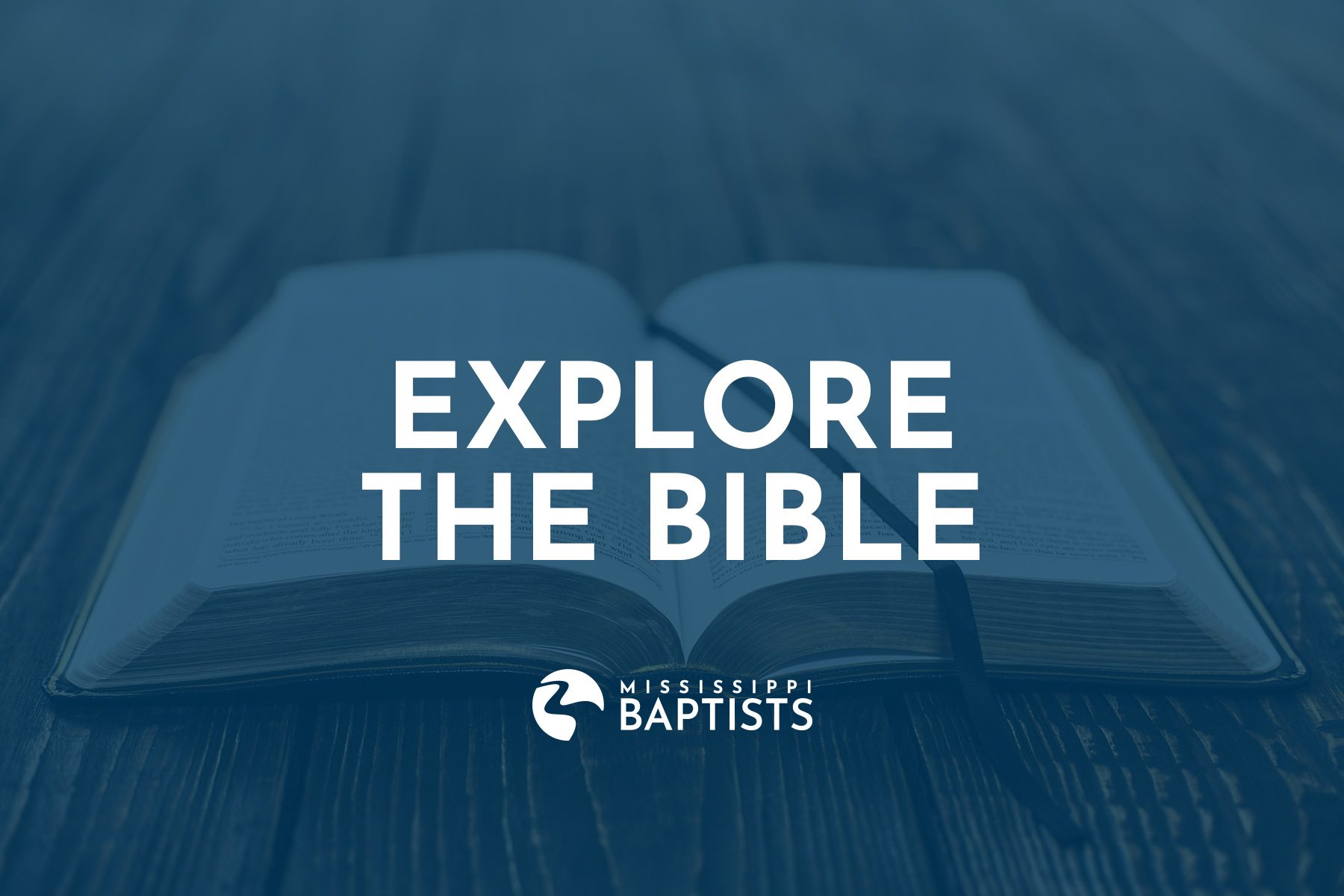God’s Wisdom • Psalm 1:1-6
By Philip Price

In Norman Maclean’s acclaimed novel, A River Runs Through it, the narrative traces the lives of two brothers, Norman and Paul, as they grow up in Montana. Their father, a Presbyterian minister, spent quality time fishing the Blackfoot River with these characteristically dissimilar brothers. Rev. Maclean utilized the picturesque outdoors to teach his sons the importance of patience, grace, and discipline. Eventually, the siblings took two different paths. Norman, the oldest, was thoughtful and matured into an educated family man. However, Paul chose to become a free spirit, which resulted in struggles with alcohol abuse and gambling. The story highlights the importance of making the right choices.
Similarly, the writer of Psalm 1 contrasts two spiritual paths. Like a tree planted by streams of water, the righteous person thrives and bears fruit by treasuring divine wisdom (verses 1-3). Sadly, the wicked take an alternative route that leads to instability and results in pointless wandering (verses 4-5). There are three themes the psalmist related to the spiritual roads we decide to travel.
The Path to Fulfillment (Psalm 1:1-3)
True happiness in life requires calculating where we spiritually “walk,” “stand,” and “sit” (verse 1, CSB). To avoid a downward spiral toward moral destruction our “walk” must not include a casual acceptance of godless “advice.” We must not “stand” or linger in the presence of sin. If we stay too long around sinful influencers, we may eventually “sit” with the immoral, which indicates we actively condone their actions.
Conversely, the righteous “delight in the Lord’s instruction” and “meditates on it day and night” (verse 2, CSB). As a result, in verse 3, we learn the righteous “prospers.” Of course, this is not a reference to becoming wealthy but refers to spiritual flourishing. Jesus promised “I have come that they may have life, and that they may have it more abundantly” (John10:10, NKJV). Obviously, the Apostle Paul was not wealthy, but his obedience to God’s leading gave him deep joy. He cheerfully lived “as having nothing but possessing everything” (II Cor. 6:10, CSB).
The Peril of the Wicked (Psalm 1:4-5)
The lives of those far from God are represented as “chaff,” the husk of grain that remains once it is threshed. Husks are helplessly blown by the wind like a discarded hamburger wrapper in a dust storm. Persons who reject Biblical truth are vulnerable to accepting bad “advice” (verse 1) and are “blown away” (verse 4). For example, regarding the secular view of wealth, Paul warned Timothy, that “those who want to be rich fall into temptation, a trap, and many foolish and harmful desires, which plunge people into ruin and destruction” (I Timothy 6:9, CSB).
Ominously, the perilous outcome of the wicked is that they “will not stand up in the judgment” or “in the assembly of the righteous” (verse 5). At the time of judgment, God will separate two groups. The righteous will “stand” in his presence. However, the wicked “will not stand” and will be destined for eternal punishment in hell.
The Promise of Consequences (Psalm 1:6)
God always keeps his promises. In verse 6 we read that “The Lord watches over the way of the righteous, but the way of the wicked leads to ruin.” The righteous will eternally experience the presence of God for choosing to follow His wisdom and trusting him for their eternal salvation.
Accordingly, we are the sum of our choices in life. We are free to make any choice we desire, but we do not control the consequences of those decisions. God will determine if we live “accurately handling the word of truth” (II Timothy 2:15, NASB). We must be “born again” (John 3:3). No one can refuse to repent without suffering the divine repercussions. All people have sinned (Romans 3:10). Only those who repent of their sin and accept Christ as the Lord of their life avoid the penalty of sin (John 3:16-18).
While we are saddened by the lostness of those who have not accepted Christ as their savior, we can have joy knowing that God has promised believers a future that is secure. “For everyone who calls on the name of the Lord will be saved” (Romans 10:13 CSB).
Conclusion
Psalm 1 vividly portrays two distinct spiritual paths: the path of the righteous and the path of the wicked. These paths are more than choices, they reflect the essence of our lives and where they lead. In response, pause, reflect, and ask yourself: Which path am I truly traveling?
Price is the Associational Missions Strategist for the Jackson County Baptist Association, Pascagoula. He is a member of Ridglea Heights Church, Moss Point.




